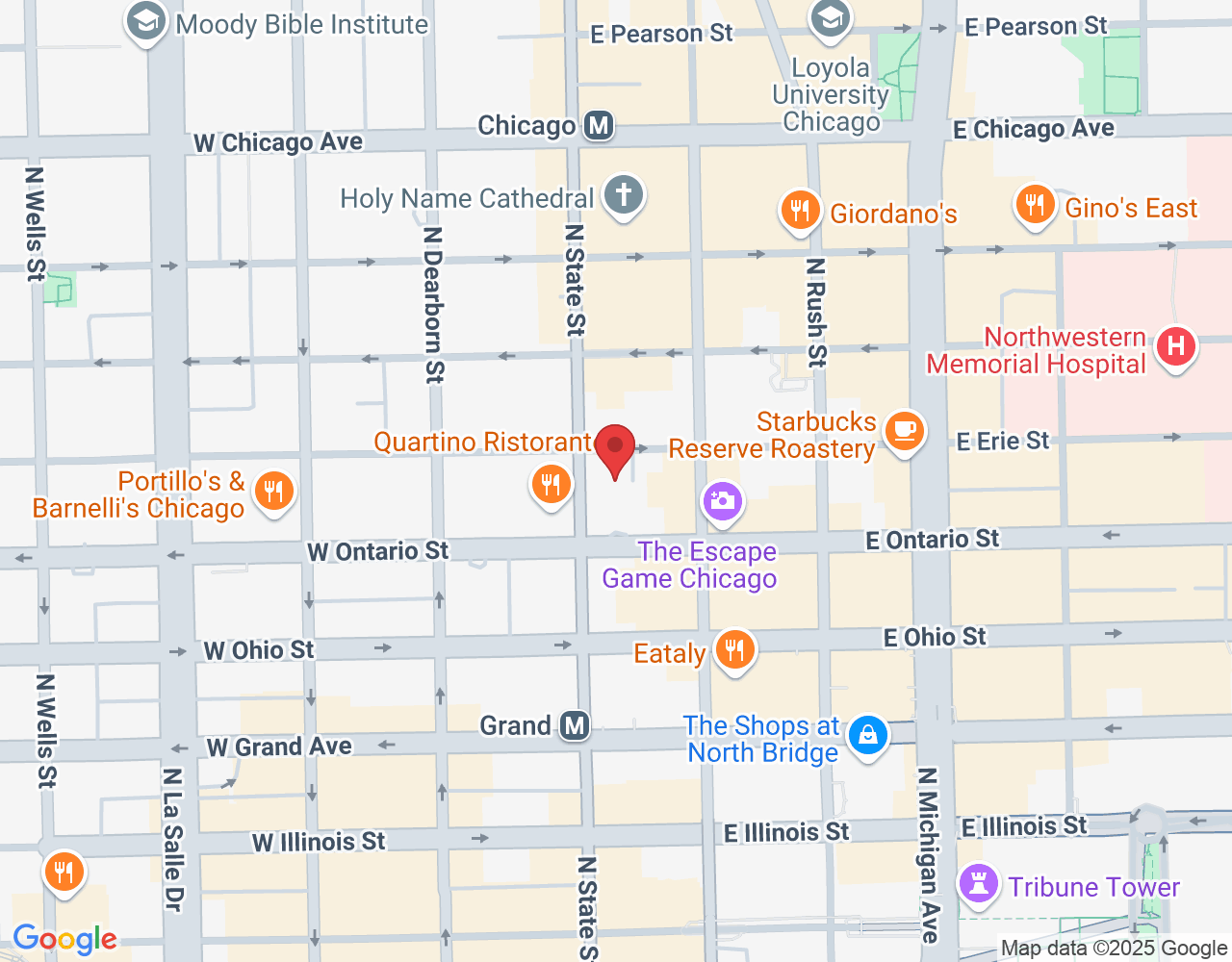
Burial Insurance After Circulatory Surgery: What to Know
Over 400,000 individuals in the United States succumb to circulatory diseases annually, affecting a staggering 85 million people. The most prevalent among these conditions are peripheral vascular disease and coronary artery disease, both of which can lead to severe outcomes like heart attacks or strokes.
If you're at risk of developing circulatory disorders, consider obtaining insurance coverage that caters to the expenses associated with vascular surgery. This specialized policy can be particularly beneficial if your current health insurance, such as coverage under your parents' plan, does not cover surgical costs or if it falls short in this regard. By opting for a standalone insurance plan tailored to your specific needs, you can ensure financial security while potentially saving on premiums.
Let's delve into what circulatory surgery entails, explore the available options, and understand how securing insurance for such procedures could impact your life.
What Is Burial Insurance With Circulatory Surgery?
Burial insurance with circulatory surgery, often termed as final expense insurance, serves as a specialized form of life insurance specifically tailored to cover the expenses associated with funeral and burial arrangements. These policies typically offer coverage ranging from $5,000 to $25,000, providing a suitable means to address end-of-life financial needs. What distinguishes burial insurance is its guaranteed acceptance feature, allowing individuals, even those with pre-existing health conditions like a history of circulatory surgery, to secure coverage without the necessity of undergoing a medical examination.
Due to the convenience of guaranteed acceptance, premiums for burial insurance are generally higher compared to traditional life insurance. Additionally, these policies come with a cash value component that accrues over time, offering added financial flexibility. Upon the policyholder's demise, the death benefit is disbursed to the designated beneficiary, furnishing crucial financial assistance to cover funeral expenses and related outlays. Although burial insurance may not serve as a significant investment or long-term financial safeguard, it fulfills an essential role in easing the financial strain on loved ones during a challenging period.
The following surgeries qualify individuals as candidates for circulatory surgery:
- Angioplasty
- Artificial Heart Valve Surgery
- Atherectomy
- Aneurysm Surgery
- Arrhythmia Surgery
- Bypass Surgery
- Catheter Ablation
- Cardiomyoplasty
- Coronary artery bypass graft
- Heart Transplant
- Heart Valve Replacement
- Stent Placement
- Myectomy/ myotomy
- Valvular Surgery
- Transmyocardial Revascularization
Surgical interventions performed on arteries aim to enhance blood flow and cardiovascular well-being.
Burial insurance companies do not always explicitly classify circulatory surgery as a determining factor, particularly if it occurred subsequent to policy issuance. However, some insurers may stipulate that burial expenses will not be covered if there is insufficient time elapsed between the surgical procedure and the individual's demise. The extent of coverage, including waiting periods and associated fees, is primarily contingent upon the specific policy terms and conditions. These factors dictate the overall cost and whether any waiting period must be observed before benefits are payable.
Best insurance policy options for Circulatory Surgery
Various insurance policy options are available for individuals who have undergone Circulatory Surgery:
Circulatory surgery occurred over two years ago
If more than two years have elapsed since your surgery, burial insurance companies typically offer coverage options regardless of the type of surgery you underwent. You will also qualify for the lowest possible rate on your death benefit plan. Final expense life insurance with no exam and a fixed death benefit provides immediate coverage effective from the first day. This plan offers the least expensive way to ensure coverage for burial expenses in the event of death and is suitable for those in need of quick coverage.
Circulatory surgery occurred over 12 months ago
Several burial and final expense insurance providers waive premiums for a year following circulatory surgery. Despite this, the first-day benefit plan remains the best choice if the surgery occurred more than a year ago. With this plan, your death benefit is phased in over time, and you begin receiving all benefits on the day you start employment.
Circulatory surgery occurred within one year
If you recently underwent circulatory surgery, it may take some time to find the best insurance plan. The finest insurance option in this scenario is guaranteed issue burial insurance. Although this option may come at a higher cost compared to others and includes a waiting period, it remains the best choice. In the event of your demise within the first 24 months of the policy, your beneficiary will receive 100% of your premiums. Additionally, after the two-year waiting period, you will be eligible for the maximum death benefit.
Do I need a medical test to qualify for Burial insurance with Circulatory Surgery?
One of the primary benefits of burial insurance, particularly for individuals with a history of circulatory surgery, is its typical lack of requirement for a medical test or extensive health questioning for qualification. These policies are designed for guaranteed acceptance, ensuring accessibility for individuals with pre-existing medical conditions. However, it's crucial for applicants to accurately disclose their medical history during the application process to ensure they receive appropriate coverage and premiums based on their health status.
Burial Insurance Underwriting For Circulatory Surgery
The underwriting process for burial insurance involving circulatory surgery typically entails simplified assessments for eligibility, offering guaranteed acceptance for applicants with a history of circulatory surgery or related medical conditions. While medical history disclosure is required, there is usually no need for a medical exam or extensive health inquiries. Premiums may be adjusted for individuals with such medical histories, taking into account factors like age and coverage amount. Some policies may include waiting periods before the full death benefit is payable, but ultimately, they provide accessible coverage for end-of-life expenses for those who may not qualify for traditional life insurance.
Health Concerns:
Most burial insurance companies will inquire about circulatory surgery through various questions to ensure accuracy and completeness in assessing the applicant's health status. Some common questions related to circulatory surgery include:
Have you been diagnosed with heart or circulatory problems in the past two years, including any surgeries, treatments, or hospitalizations?
Have you experienced a stroke, angina, aneurysm, or undergone other heart surgery within the last 12 months?
Have you had a heart attack, been diagnosed with cardiomyopathy, or undergone any heart or circulatory surgeries within the past two years?
Affirmative responses to these questions may impact the rate and effectiveness of coverage.
Prescription History Check:
Applicants will need to disclose their current prescription regimen, including generic names and dosages, to the insurance provider. The goal of this disclosure is to ensure the applicant's good health and absence of any issues related to medication.
Common Medications for Circulatory Surgery:
Various medications are used to treat circulatory problems, including:
ACE inhibitors for heart failure and high blood pressure
Beta-blockers to reduce cardiac stress
Calcium channel blockers to lower blood pressure and heart rate
Diuretics (water pills) to prevent fluid accumulation
Anticoagulants and antiplatelet agents to prevent blood clotting
Thrombolytics to dissolve blood clots
Benefits of Burial Insurance with Circulatory Surgery
Burial insurance for individuals with a history of circulatory surgery offers several benefits. Firstly, it provides guaranteed acceptance, ensuring coverage for those with prior medical issues. Secondly, it specializes in covering final expenses, such as funeral and burial costs, alleviating the financial burden on surviving family members. Thirdly, it typically does not require a medical exam, simplifying the application process. These policies offer peace of mind, quick payouts, and flexible coverage options, serving as a valuable financial safety net during challenging times.
What Information Do We Need If You Have a Circulatory Surgery?
When applying for final expense insurance with circulatory surgery, providing as much information as possible will give us a better understanding of your health condition.
The questions we will ask you about your circulatory surgery history include:
What type of circulatory surgery do you have?
How long ago did it occur?
What was the cause of your circulatory surgery?
How old were you when you had your circulatory surgery?
How long did it take for you to recover from this type of surgery?
What complications have resulted from the procedure?
What treatments have you undergone since then?
Do you still have any symptoms related to your circulatory surgery?
Do you plan on having any future policies or surgeries related to this condition?
What kind of medications are you taking right now?
Do you have any other medical problems apart from that?
Have you ever received a diagnosis of heart disease?
We need to know your medical condition to provide you with the best recommendation. The more information we get, the better our chances of finding affordable insurance coverage.
How Does Burial Insurance With Circulatory Surgery Work?
Burial insurance with a history of circulatory surgery functions as a simplified form of life insurance tailored to individuals with pre-existing health conditions. The application process is hassle-free, typically without a medical exam, ensuring guaranteed acceptance regardless of medical history. Premiums, influenced by age and coverage amount, provide financial support for funeral and burial expenses. These policies often include a cash value component that grows over time, and upon the policyholder's passing, the death benefit is paid out to cover end-of-life costs. Some policies may have waiting periods before the full benefit becomes payable, but they ultimately offer accessible coverage and peace of mind for policyholders and their families.
What does Burial Insurance with Circulatory Surgery cover?
Burial insurance with a history of circulatory surgery primarily covers end-of-life expenses. It includes funeral costs like the casket, embalming, and viewing, as well as burial expenses such as the grave plot and headstone. Cremation costs, memorial services, outstanding debts, and legal fees may also be covered. This insurance aims to ease the financial burden on loved ones during a challenging period. Policyholders should carefully review their policy terms to understand the extent of coverage and limits for specific expenses.
How can BestBurialPolicy.com Help You To Get The Best Final Expense Insurance Policy?
Finding a policy doesn't have to be difficult. To streamline and make the procedure more convenient, we collaborate with a separate agency.
Please let us know if you have just undergone surgery so we can give you with high-quality care that is suited to your needs. We'll locate insurance for you that fits your needs and price range.
We're here to offer guidance and support, so don't waste time independently searching for other insurance.
We'll shop around for the best price on your behalf at the different insurers. We collaborate with numerous insurance companies who have an A+ rating and provide superior services to high-risk customers like you.
We will look through all of the top local providers of funeral insurance to choose the one that offers you the most affordable premiums.
We can assist you in obtaining insurance for your project at a price that works for you. Talk to us right now! We can assist if you're looking for insurance for circulatory surgery.
Regardless of a person's health conditions, we are dedicated about offering the greatest final expense insurance coverage. To get assistance right away, dial (855) 380-3300.
Evaluate quotes from leading insurance providers
Compare quotes from top insurance carriers
Best Plan For Me
Qualified Health Impairments
This site provides life insurance information and quotes. Each rate shown is a quote based on information provided by the carrier. No portion of BestBurialPolicy.com may be copied, published or distributed in any manner for any purpose without prior written authorization of the owner.




